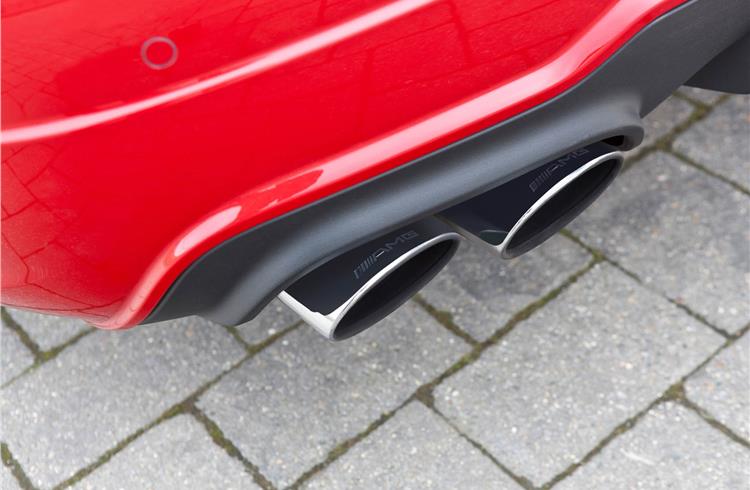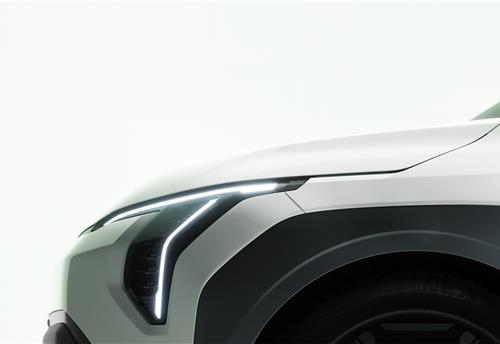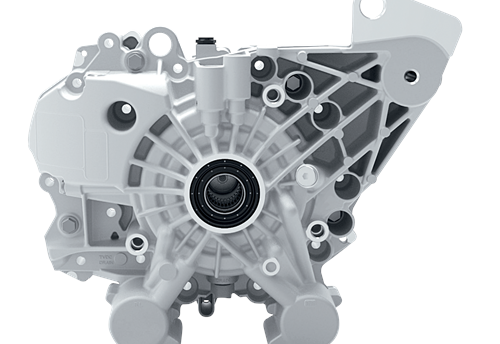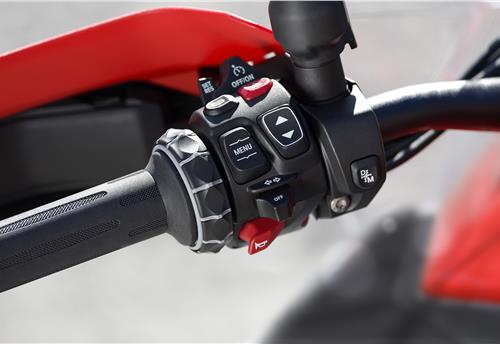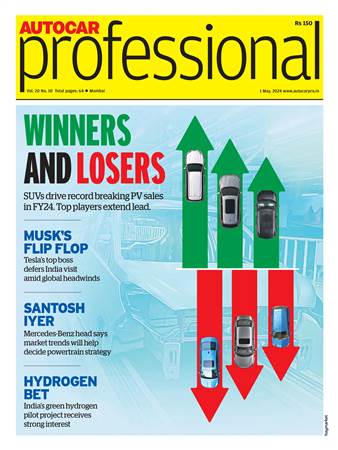Europe sees CO2 emissions from cars drop 34% in last 20 years
According to figures published by the European Environment Agency (EEA) yesterday, in 2014 average new car emissions were 123.4g CO2/km compared to 186g CO2/km in 1995
According to figures published by the European Environment Agency (EEA) yesterday, in 2014 average new car emissions were 123.4g CO2/km compared to 186g CO2/km in 1995 – a 33.7% decrease over the period. This is the result of the long-term efforts of the automobile industry, which have been sustained both with and without legislation.
“Thanks to huge efforts by European automobile manufacturers and billions of euros worth of investment in R&D, Europe’s cars currently meet the highest environmental standards in the world,” stated Erik Jonnaert, secretary general of the European Automobile Manufacturers’ Association (ACEA).
ACEA says it is clear that CO2 emissions from passenger cars need to continue on their downward trend, and the industry is committed to this. However, because the most cost-efficient actions have already been taken, delivering on that aim requires ever greater technical investments to achieve smaller reductions.
Ensuring further reductions in average CO2 emissions will also be dependent on greater market uptake of alternative powertrains, including electric, hybrid, fuel-cell and natural gas-powered vehicles. However, as the EEA points out, electric vehicles continue to constitute only a very small, albeit rising, fraction of new registrations (0.3 % according to the EEA). “Governments across Europe will need to increase their support if we are to see a significant increase in sales, both in terms of helping to build the charging infrastructure necessary and in influencing consumer choices,” said Jonnaert.
“Looking ahead beyond 2020, we need a wider debate involving all stakeholders on a more balanced and effective system for further reducing CO2 emissions from transport. For the automobile industry, this means we should not only focus on emissions from the vehicle itself, but also look at other factors influencing emissions during the use of the vehicle.” This includes the carbon content of fuels, driver behaviour, infrastructure and the age of the car fleet.
ACEA’s members are the BMW Group, DAF Trucks, Daimler, Fiat Chrysler Automobiles, Ford of Europe, Hyundai Motor Europe, IVECO, Jaguar Land Rover, Opel Group, PSA Peugeot Citroën, Renault Group, Toyota Motor Europe, Volkswagen Group, Volvo Cars and Volvo Group.
RELATED ARTICLES
Kia previews upcoming EV3 compact SUV with teaser images
Korean carmaker gives a glimpse of its forthcoming model’s front and rear end design ahead of the global premiere on May...
BorgWarner supplies Polestar BEV SUVs with electric torque vectoring and disconnect system
Electric Torque Vectoring and Disconnect (eTVD) system for battery electric vehicles adaptively improves vehicle safety ...
BMW Motorrad develops Automated Shift Assistant to make riding simpler
Automated Shift Assistant’s clever functional design eliminates the need for a hand lever to operate the clutch manually...





 By Autocar Pro News Desk
By Autocar Pro News Desk
 16 Apr 2015
16 Apr 2015
 2936 Views
2936 Views



